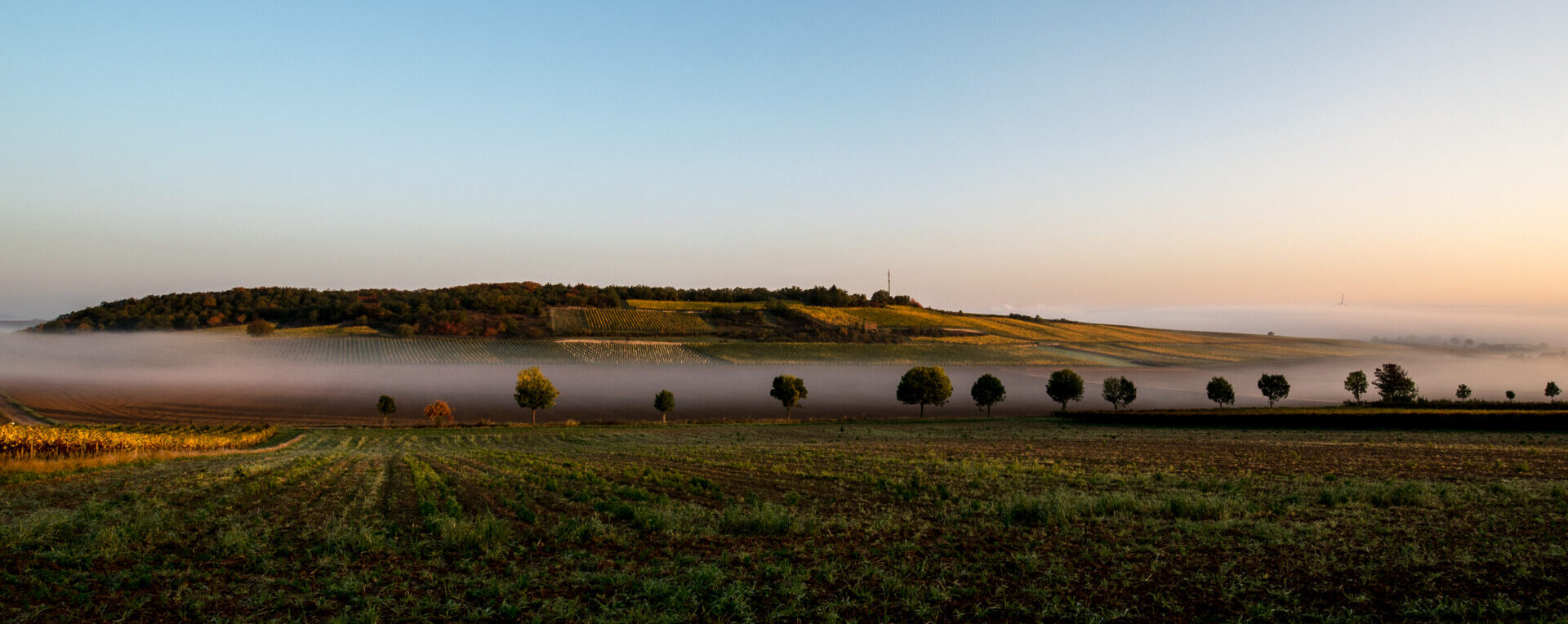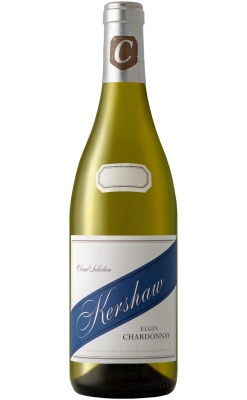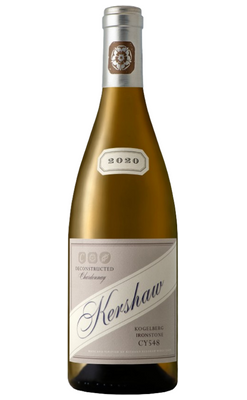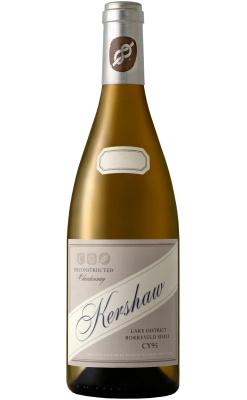Kershaw Wines
As a person who likes detail and a bit of nerdy and geekiness, Richard likes to drill down into the smallest quirkeries and metrics when making wine. His philosophy is not so much a rubric. It’s more trying to make wines that reflect the sense of place, making them in a way that is non-interventionist; it’s to try and reflect those qualities in the glass.
The emphasis is on the vineyard first, but also the maturation cycle plays a second important role whilst the winemaking is arguably third. Richard’s belief stems from the fact that the time the vine and bunches have grown is over a six-month period whilst the wine will mature for an equally if not longer time. The winemaking whilst covering the first 30 days of the wine’s life and is important to steer correctly, there are many facets that need attention during the maturation cycle that make the wine veer off track.
When picking grapes in the harvesting period, they pick according to the clone and the soil type, matching the soils and the clones to each of the barrels. There is an algorithm that matches them all up which has been developed over years. Even though they only take eleven parcels of grapes, they eventually end up with twenty-one batches of wine. By tasting every six weeks, you see the maturation going forwards over a period of 10 or 12 or 18 months for the red wines and what’s important is that they can make decisions on that. If they should do something, stir air, turn the barrel or do nothing.
Richard Kershaw was born and raised in the UK, where before getting into wine, he was a chef. To learn as much as possible about wine he worked in California, Chile, Bordeaux, Hungary and Germany before settling in South Africa in 1999. He passed his Master of Wine exam in 2011 and is the only Master of Wine making wines in South-Africa. He started Kershaw Wines as an entity in 2012, starting with Chardonnay and Syrah and in 2015 Pinot Noir joined the fray.
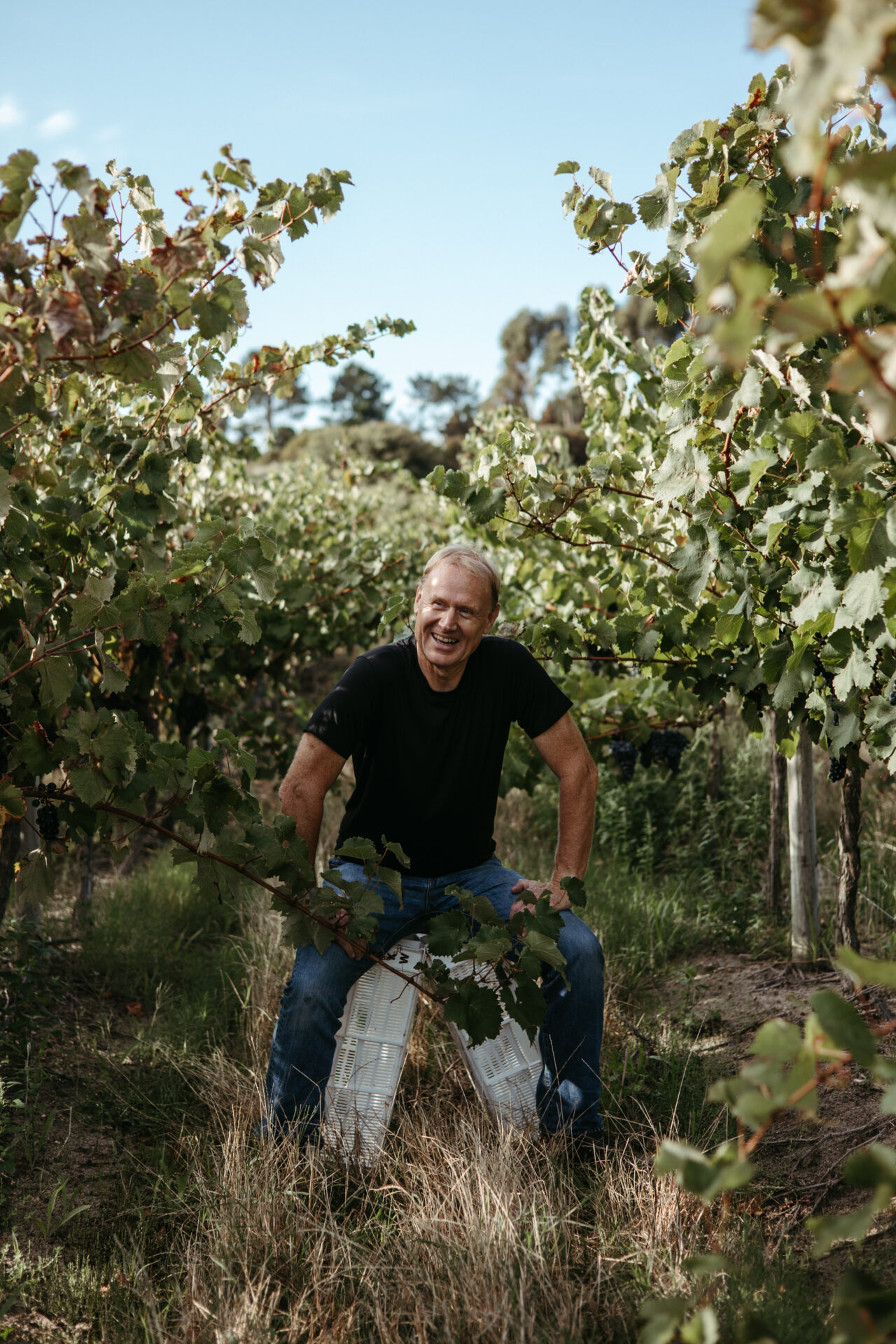
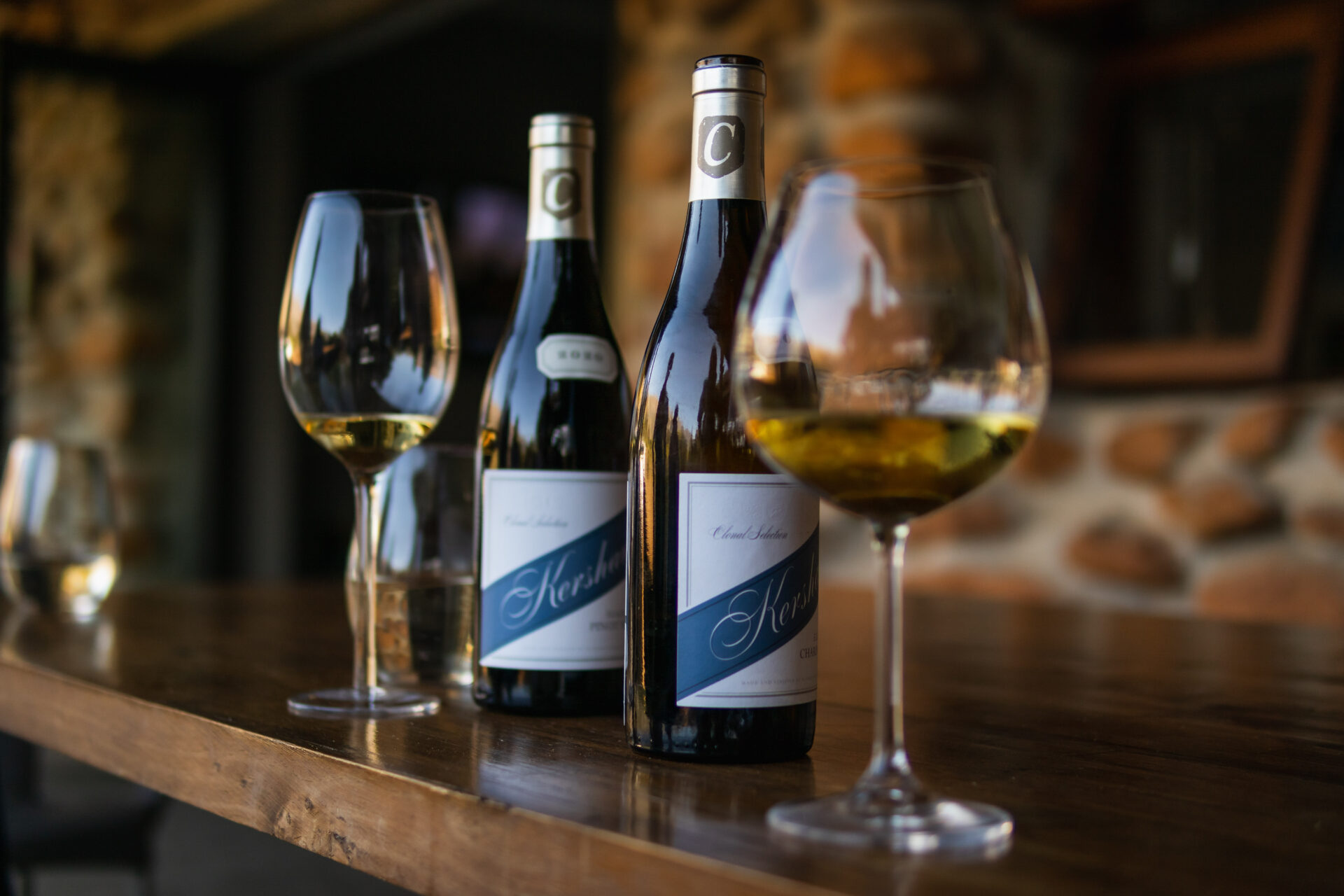

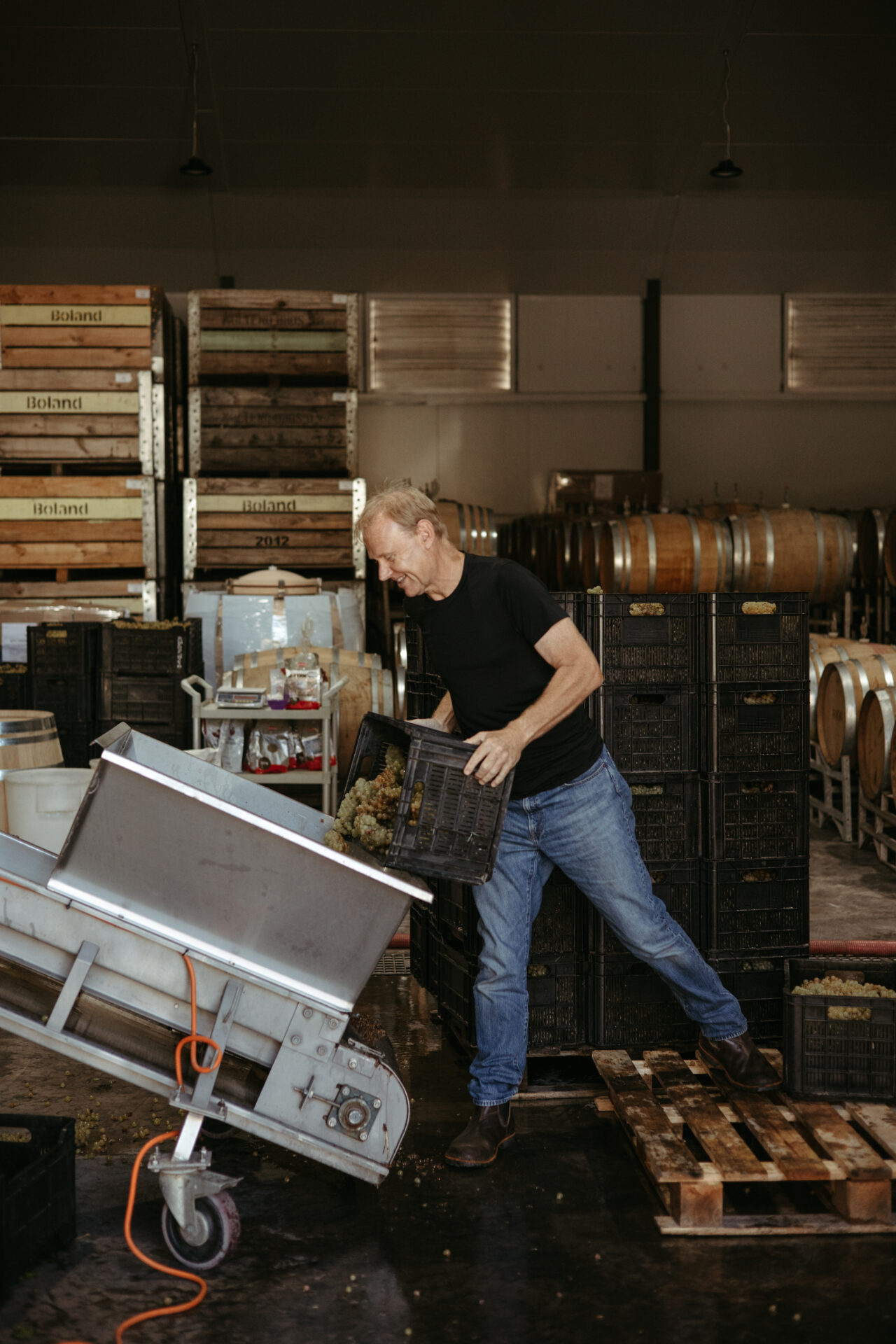
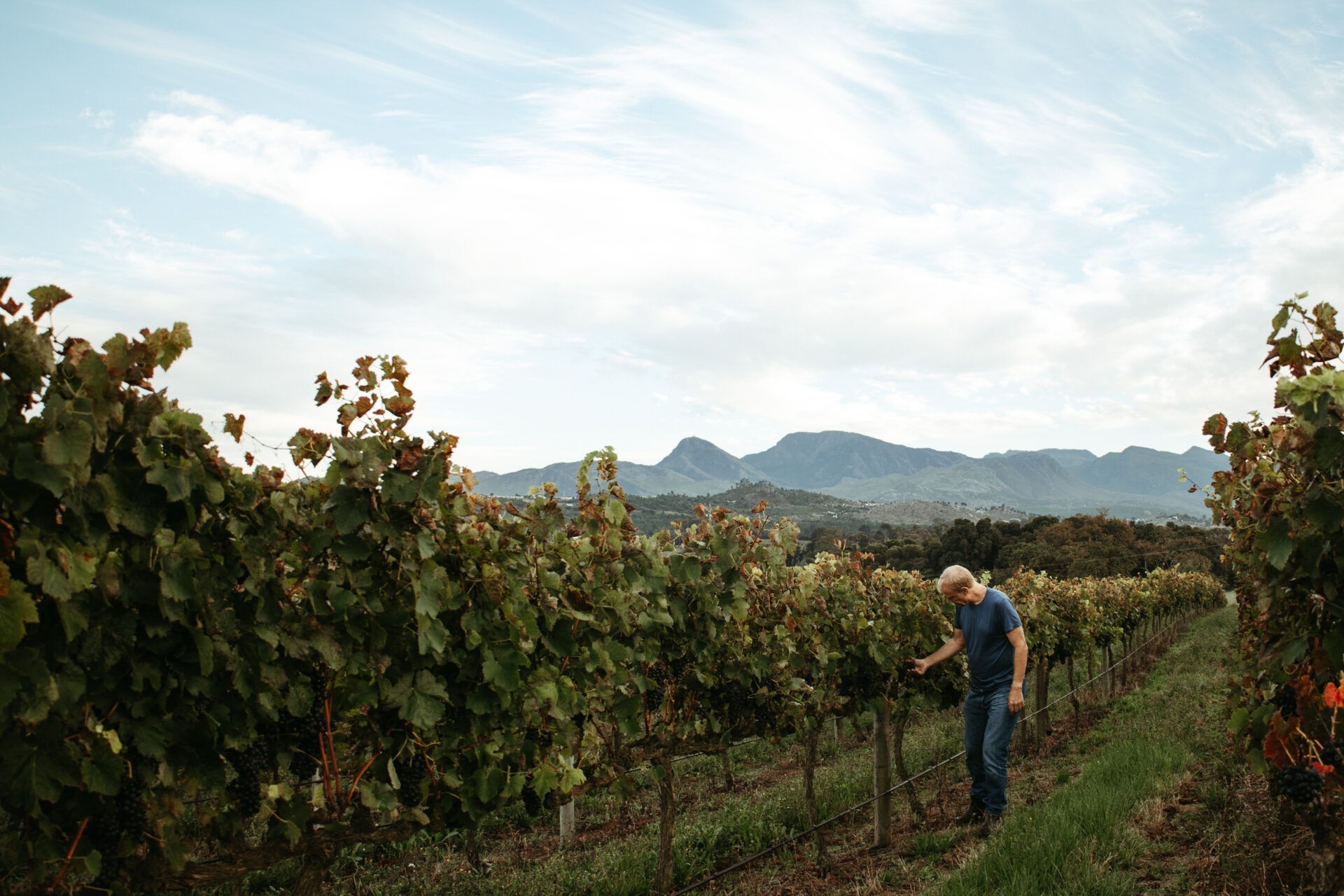
Wines By Kershaw Wines
